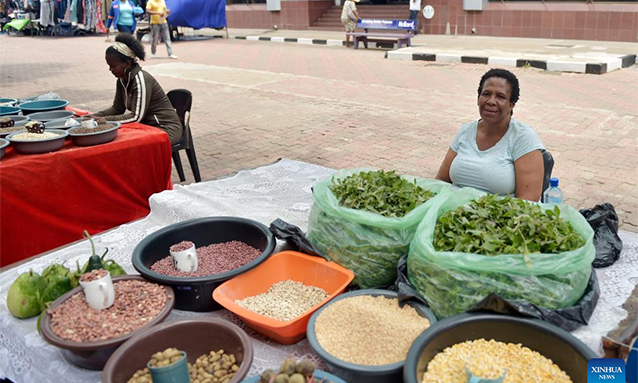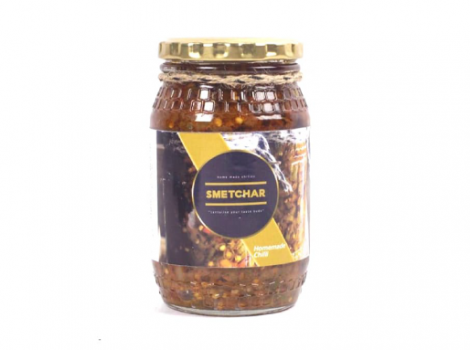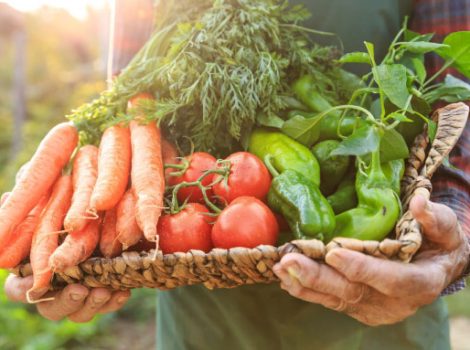
13 December 2023
In the bustling city of Gaborone, the capital of Botswana, lies Main Mall, one of the oldest and most eclectic markets in the country.
Built in 1963, this vibrant marketplace is home to prolific hawkers, merchants and food vendors, offering a diverse array of flavours and colours amid high-rise concrete buildings.
Lesego Tshidi Motshegaletau, an indigenous food vendor, owns a traditional food stall within this cosmopolitan market. Her stall is a burst of colourful and flavourful offerings, including Sorghum bran, rice, millet, wheat, tea, a variety of beans and amaranths.
Motivated by economic hardships, Motshegaletau started her business in 2005. In an interview with Xinhua, she said:
“I had a passion for our food (Tswana traditional cuisine) and the way it is, especially because I have hypertension and arthritis. It has fantastic benefits for other diseases too.”
47-year-old Motshegaletau, who resides in Thamaga village, about 40 km west of Gaborone, says her business enables her to support her family, as well as contribute to her children’s education. She is able to make 5,000 pula (about 370 U.S. dollars) monthly. Motshegaletau is a small-scale farmer who gets her produce from her farm in Thamaga and Ramasenyane village. She travels to various locations across the country to buy other products.
Recognising the seasonal nature of her produce and grains, Motshegaletau encounters difficulties during the off-season, during which she faces increased expenses for stocking. She strongly advocates for government aid, calling for financial support or loans to tackle shortages during this period.
Highlighting the health benefits of traditional foods, she emphasised the demand for African tea, Mowana and amaranths.
She said: “Traditional foods are important because they are not processed, they are eaten the way they are as intended by nature, and they have important benefits.”
In a country burdened with communicable and non-communicable diseases (NCDs), Botswana has a mortality rate of 934 per 100,000 in males and 712 in females for major NCDs, according to the 2023 World Health Organization’s country disease outlook. Botswana’s Health Ministry encourages embracing healthy habits, including consuming nutritious diets that incorporate indigenous cuisine.
Omphile Rasedi, a customer from Kumakwane village, located 25 km west of Gaborone, says she prefers traditional foods since they are organic and are developed organically without the use of pesticides.
John Nderitu, a dietitian at Bokamoso Private Hospital, stresses the importance of healthy eating, emphasising the consumption of fibre-rich foods and less refined starches. He advises incorporating green leafy vegetables, perennial kale, amaranths, okra and dark green vegetables in the diet for overall well-being.
Source: https://english.news.cn/africa/20231201/8b12983449f44c0580faa6aedf2d7936/c.html



